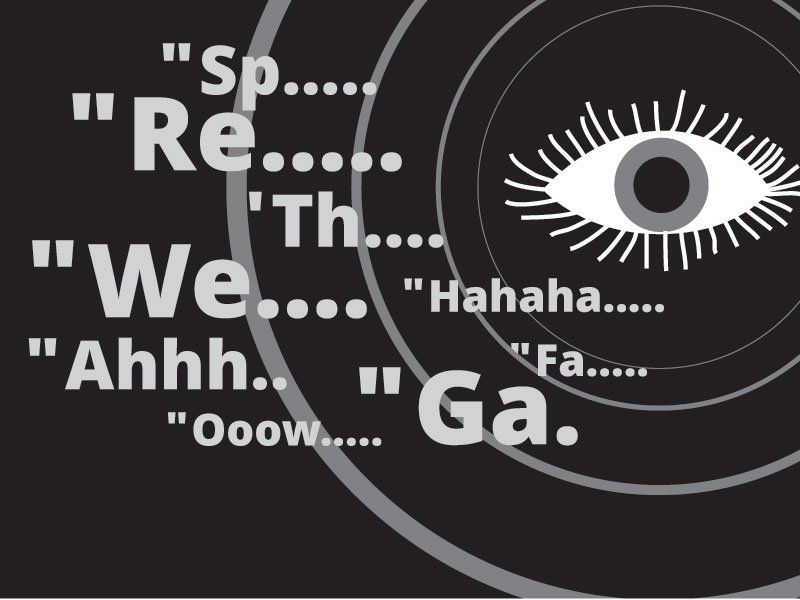
for Relationships

A series of information and guides are developed in connection with "Is this the right value ?" project "verbal insult".
This project which highlight awareness against the kind of prejudice which people with people with invisible difficulties faces which can harm their sense of value and their way of life.
* Show more interests by asking questions on the kind of person which more likely to cause an offence at the person with the invisible difficulties expense.
Also ask more on the kind of location and the time of the day. This is important to build a picture of what they are experiencing.
* If you notice they are uneasy, upset or emotionally never tell them off or make any lectures on their cope & respond at any level.
This is because you are making them feel that using their difficulties as blame on something is not their fault & you are humiliating them & embarrassment. In addition of the bully or the offender may notice if the affected is seen being told off will see their tactics as successful to make it out the effect is a blame. They see is as they have won and as an encouragement to escalate the abuse further.
* Additional questions you could ask to show more interest could include
"What do you think which makes them do this?",
"what similar things have happened which leads to this?" and
"how this is affecting you?"
* Offer some suggestions but accept they might disagree if they think it will not be helpful for them.
* Offer help the next time this occurs again.
* If this occurs never communicate which cause a situation to cause that person further upset or to make them feel you're not helping.
This including not telling off attitudes or to accuse them if not listening or to make remarks such as matter like "you should strategise better". Remember just like you they also have dignity & their rights to choose, to accept or reject what's important to them.
The information above is a summary information of tips & suggestions.
A more detailed guides & factsheet to be available for print & digital formats (optimised for desktop or mobile & tablets)
In addition this project can be customised with a series of a more detailed materials on a form of guides, facts sheet and detailed guidelines can be developed as service within 8 focused life group areas.
If you feel this and other projects can benefit your business, organisation, community or a public service please get in touch on the enquiry form over on the Plus Value Fusion website.
Please state your name, job position, organisation and how will the project can benefit you
The focus group areas is made up of 8 sections
Including: Business, Community, Relationships, Public Services, Education & Work, Government related services, Society and people with invisible difficulties.
The description “Invisible Difficulties” are used for this initiative which covers independent, intelligent and articulate adults and young people who live with specific difficulties which as hidden and would not be visually obviously at first impression. The examples including memory, on the spot thinking ability, communication, reading, writing & calculation. These example above mainly relates certain people with Autism (at moderate and high-functioning level), ADHD, Social Anxiety, Dyspraxia and Dyslexia. Click here for more details.
This project is linked with
A primary awareness element of the Plus Value family



